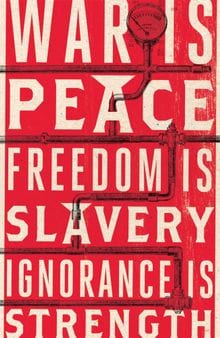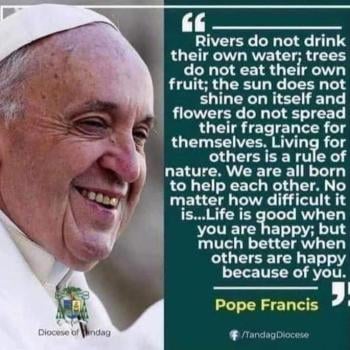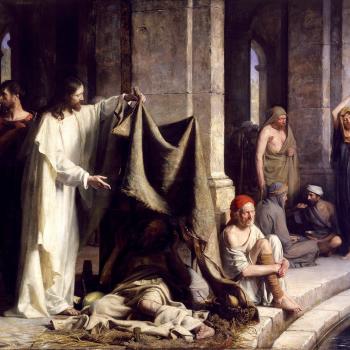
(Wikimedia Commons public domain image)
“University of Kansas Faculty Protest Chick-fil-A on Campus in Fear of ‘Mental Well-being'”
Representing the university’s administration, the interim provost at the University of Kansas, Carl Lejuez, speaks grandly of “our commitment to affirm diversity and to be a welcoming and inclusive campus,” but it isn’t especially clear that the diversity, inclusivity, and friendly welcome to which he and his fellow administrators are committed includes a diversity of ideas. (Perhaps ideas aren’t very important to higher education officials these days.)
In order to combat “hatred and intolerance,” opponents of Chick-fil-A demand that the company be marginalized and ultimately barred from campus.
Why? The company culture reflects the beliefs of its late founder, S. Truett Cathy, who was a devout Southern Baptist Christian, in that it closes on Sundays as well as on Thanksgiving and Christmas day. Its current chief operating officer, Dan T. Cathy, has continued those policies and has publicly expressed his opposition to same-sex marriage. Moreover, the WinShape Foundation, which is Chick-fil-A’s charitable arm, has made donations to such groups as the Fellowship of Christian Athletes, the Family Research Council, and the Salvation Army, which oppose gay marriage and disapprove of sexual relations between people of the same sex.
Apparently, though, Chick-fil-A does not refuse to serve gay people. So far as I’m aware, no allegations to that effect have been made. Nor does Chick-fil-A refuse to hire gay people. I don’t believe that they’ve been accused of such a thing. They appear to be fully in compliance with the law.
The offence appears to consist in the fact that the Cathys have religious and political views — entirely legal religious and political views, well within their constitutional rights to express — of which certain elite and powerful groups fiercely disapprove.
Thus, the late Thomas Menino, who was mayor of Boston at the time, announced his intention to try to block Chick-fil-A from expanding into his city, as did also at least one Chicago alderman who apparently saw Chick-fil-A’s values as a serious threat to his otherwise idyllically peaceful city. New York’s mayor Bill de Blasio — did you know that he’s a Democratic presidential candidate? — called upon New Yorkers to boycott Chick-fil-A. And the Buffalo Niagara International Airport and the San Antonio International Airport have both banned Chick-fil-A from having franchises in their hallowed halls, expressly on the basis of disdain for the religious and political views of the company’s principal owners.
Fortunately, we in the United States have a Bill of Rights that consists of ten amendments to the Constitution, the very first of which begins as follows:
“Congress shall make no law respecting an establishment of religion, or prohibiting the free exercise thereof.”
The precedent set by that opening sentence has led to the (at least until recently) widely held principle that not even Boston and New York mayors, San Antonio city councils, or Chicago aldermen have the right to use the coercive power of the government to punish the lawful exercise of religious belief.
Canada’s legal and constitutional system differs, and here’s a story from our neighbor to the north:
“Canada: 26 organisations denied funding for being pro-life”












